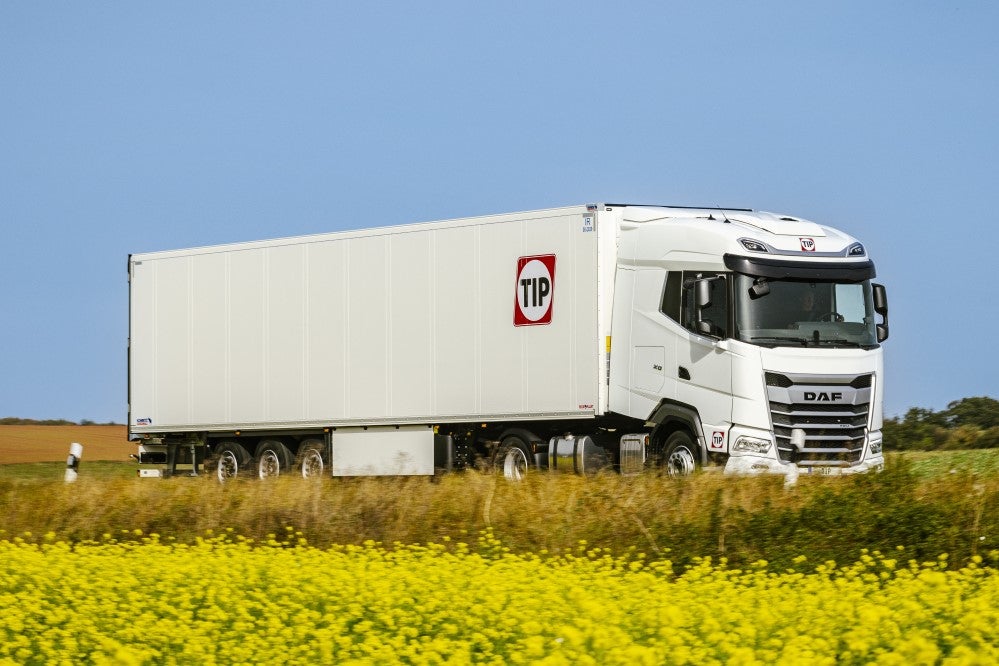
TIP, a provider of trailer and truck hire, is equipping 20,000 trailers with its Electronic Braking Performance Monitoring System (EBPMS), BrakePlus, to ensure compliance with braking assessment guidelines coming into effect in April.
The company is fitting all trailers on long-term hire with EBPMS and has expedited the rollout of BrakePlus to align with regulatory changes outlined in the Driver and Vehicle Standards Agency’s (DVSA) revised Guide to Maintaining Roadworthiness.
Under the new guidelines, trailers must undergo at least four laden roller brake tests per year, with some exemptions, or use an EBPMS for continuous brake performance monitoring. TIP has been preparing for the shift over the past two years by progressively increasing BrakePlus installations, helping fleet operators comply with the new requirements while enhancing road safety.
Launched in 2021, TIP’s EBPMS provides a cost-effective alternative to frequent roller brake tests, reducing the need for trailers to visit workshops multiple times a year. By continuously monitoring braking performance, BrakePlus minimises operational downtime and associated costs, particularly given the requirement for trailers to be in a laden state during roller brake tests.
TIP plans to extend EBPMS coverage across a larger share of its fleet and trailers managed on behalf of customers. The investment reflects the company’s commitment to safety, regulatory compliance, and operational efficiencies.
“Our goal is to make compliance as seamless as possible for our customers while enhancing road safety,” said Mark Carlin, TIP’s Fleet & Engineering Director. “By implementing EBPMS, TIP is ensuring that its customers not only meet the guidelines but also benefit from operational efficiencies and cost savings.”

US Tariffs are shifting - will you react or anticipate?
Don’t let policy changes catch you off guard. Stay proactive with real-time data and expert analysis.
By GlobalDataTIP Managing Director Mike Furnival added: “Continuous monitoring of a trailer’s braking system can only be a step forward in improving road safety. TIP has played an instrumental role in industry discussions and the adoption of EBPMS, demonstrating a strong commitment to compliance and best practice in fleet management.”







